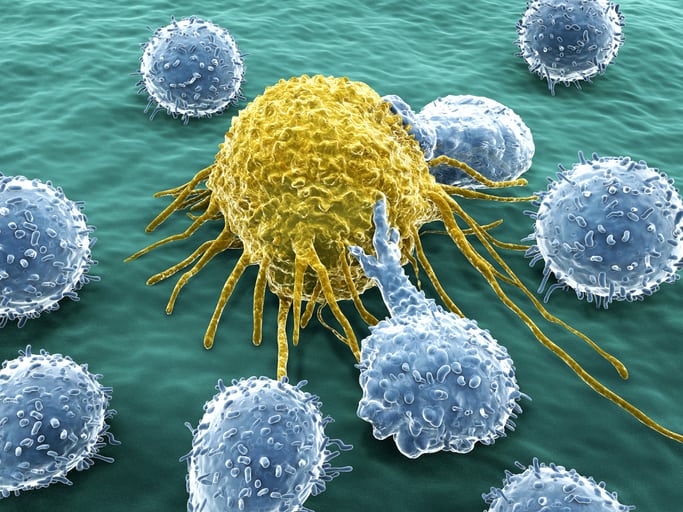Reducing or minimizing metastatic recurrence is a consideration in prolongation of survival of patients with hepatocellular carcinoma. We previously proposed single adjuvant chemolipiodolization (ACL) as a possible adjuvant treatment. The current study aims to further improve prognosis by performing ACL three times (sequential-ACL).
We examined the prognostic impact of sequential-ACL compared with our historical cohort groups: resection alone (non-ALC) and single-ACL. We evaluated recurrence-free survival (RFS), recurrence pattern, and overall survival. Multivariate prognostic analyses were used to adjust baseline bias between three treatment groups.
Non-ACL (n = 64), single-ACL (n = 137), and sequential-ACL (n = 95) showed 40, 54, and 62% of two-year RFS rates (P = 0.03 and P = 0.007 compared with non-ACL). Recurrence pattern beyond Milan criteria was frequently observed in the non-ACL group (P = 0.003). Five-year overall survival rates of these three groups were 53, 69, and 77% (P = 0.02 and 0.002 compared with non-ACL). Single- and sequential-ACL were selected as independent favorable factors for five-year overall survival; their hazard ratios (95% confidence interval) were 0.61 (0.37-0.99) and 0.48 (0.26-0.86). However, compared with single-ACL, there was no additional prognostic effects of sequential-ACL.
Single- and sequential-ACL treatment both showed better RFS and overall survival with minimized recurrence patterns than resection alone. There was not sufficient additional benefit by sequential-ACL, however, over single-ACL. Single-ACL might therefore be appropriate as an adjuvant therapy.
Copyright © 2020. Published by Elsevier Ltd.
Prognostic impact of adjuvant chemolipiodolization and treatment frequency on patients with hepatocellular carcinoma after hepatectomy: Prospective study with historical control group.


